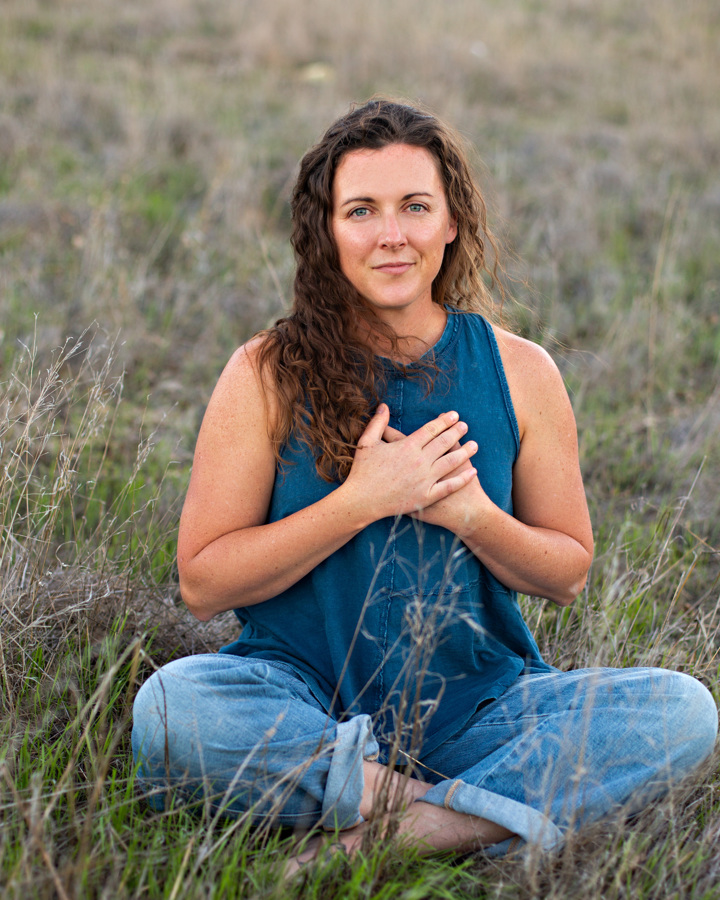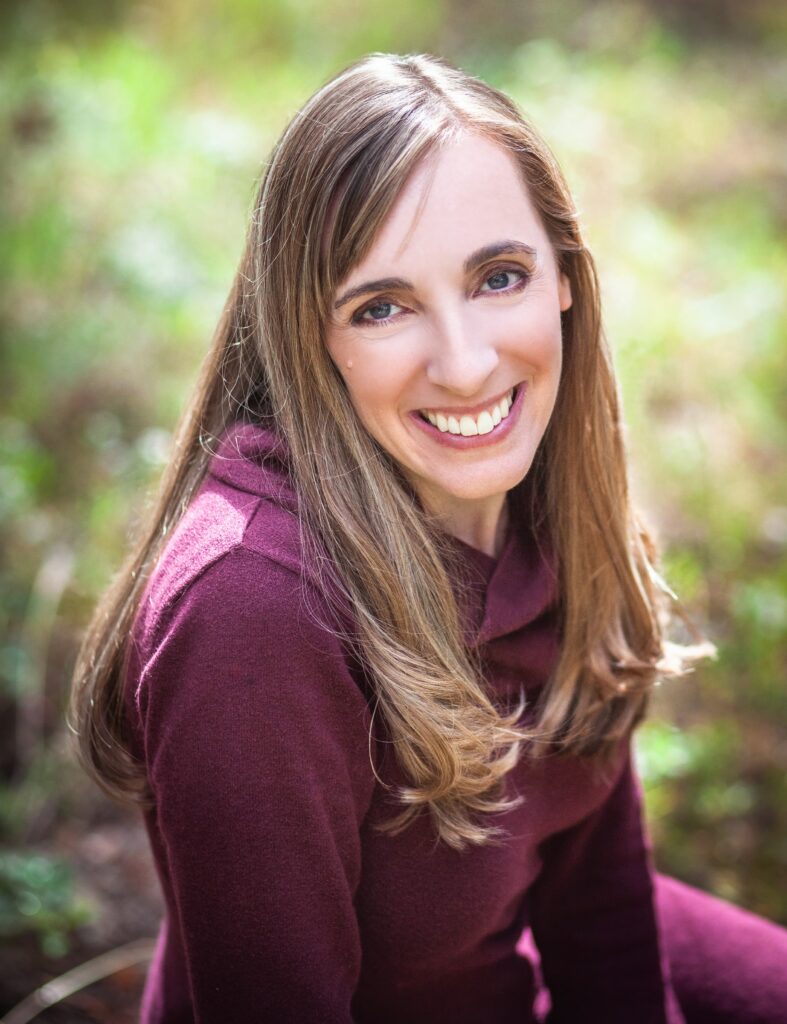
DEAR ASK A THERAPIST: My adult child has been in contact with the sperm donor and siblings for years now, and he has a good relationship with them. He has made it clear that he separates that side of his family from the one I created for us, alongside my wife. I asked when I could meet his siblings or see pictures and he politely declined, saying he doesn’t see that as something he wants to do. I met the sperm donor with him for the first time, and he also wants to keep that relationship away from me and my wife too. I’ve overheard him using the term “dad” to describe the donor to his friends.
Is it wrong for me to want to meet and know my son’s siblings and the sperm donor more? I’ve heard stories of parents being more involved with donors and siblings, and I wanted that. We used an anonymous sperm donor and they connected as adults, so I missed that opportunity when my son was growing up. Should I respect the boundaries he has set or push for more information? – RECIPIENT PARENT
DEAR RECIPIENT PARENT:
Your curiosity about the donor and your now adult child’s genetic siblings is normal.
It sounds like you wish you had the same opportunity as some other families in your situation—some approximation of “growing up” connected with genetic family via gamete donation. When you pursued non-directed gamete donation many years ago, the path to this type of openness was not available, and it is likely painful for all of you to confront these missed opportunities.
I might suggest examining your own experience. Here are a few questions for self-reflection:
- When you envisioned your child as an adult, at what age did you expect they would begin to establish privacy from you in their close relationships?
- Have you always wanted to have relationships with your donor and your sons’ siblings, or did this evolve over time? Where did that desire come from and, if it changed, why?
- Have there been times in your life when you felt excluded? What was that like for you? Who was there for you, and how did you cope?
Are you wrong for wanting more? Absolutely not! Is your son wrong for setting a boundary around this area of his life? Also no. Understand that he has set this boundary based on his current needs.
Your son’s feelings will evolve and change over time. It’s possible that he may be open to sharing his feelings, experiences, and genetic family with you in the future, but this is his choice to make.
Notice your feelings, your partner’s, and your son’s, and hold space for them all. Understand that you may all have different ways of navigating this and may have different needs for space and connection. It’s important to honor what’s coming up for everyone, including your son.
You can show your son that you respect his boundaries by gently saying something like,
“I can see that these relationships are important to you, and I’m so glad that you’ve been able to explore this so openly. There is no pressure to talk with me about this or to include me in these relationships. I support your decisions, completely. I’m here for you.”
You can also show support by offering resources to your son. These may include information about DNA testing, U.S. Donor Conceived Council, and Donor Conceived Community. If you have the means, you can offer to find therapists that specialize in this area for him, and to pay for things like DNA testing and travel to see genetic relatives in person.
Separation and individuation are normal parts of healthy development. Typically, this occurs around ages 11 or 12 to 18. However, donor conceived people have extra tasks in this area. As they meet more genetic relatives, they continue to develop their identity with the new information available. This is an internal process and may take years. Give him time and space to undertake this major endeavor. By being supportive and respecting his boundaries, you are communicating your love for him.
If you are experiencing or continue to experience distress about this and feel it’s difficult to navigate, consider getting support from a therapist that specializes in this area. You can seek help with processing your feelings, tolerating his separation from you, finding ways to connect with your son, and feeling more confident in your relationship with him.
Wishing your family well with this endeavor.

Emily Derrick, LMFT, is a reproductive therapist, supporting all members of third-party gamete donation constellations in California. She is a wife and mom of two, as well as a gestational carrier of one for two dads via known donation, and genetic mom of approximately six children via egg donation. Emily donated eggs via matched cycles to opposite-sex and same-sex couples, and a single mother by choice, and has contact with one family. Formerly a director and case manager at an egg donation and surrogacy agency, Emily’s varied personal and professional experience provides unique background as her clients guide her on their own journey of exploration. Emily is a member of the ASRM Mental Health Professional Group, SEEDS, and the DCC Professional Group.

Ely Reisen practices therapy with individuals and couples in Colorado (LCSW, LMFT) and Texas (LCSW). She has practiced for over 15 years in various settings, mostly focusing on relationships, parenting, attachment-based trauma, and maternal-infant health needs. She has taught at the University of Denver Graduate School of Social Work since 2013. Ely comes to this work by way of her own lived experience as a solo-parent via sperm donation, which is by far her very favorite role.
Do you have a question for Ask A Therapist? Anonymously submit your question here. Questions may be edited for length and clarity prior to publication.
Top Image by Lukas Blazek via Unsplash
